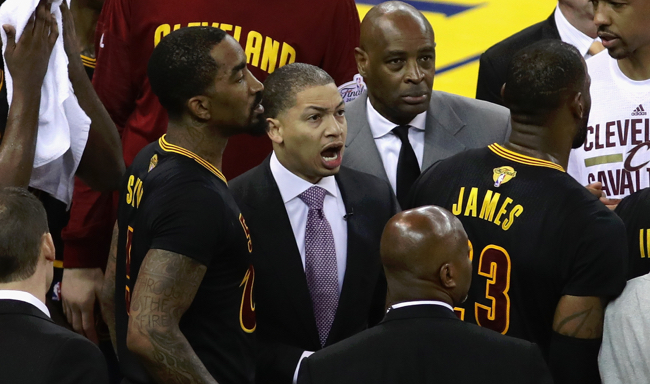
First thing to note: I’ve never fought in a war; I’ve never lost brother and sister soldiers to the horrors of combat. This is important to remember before reading further.
Coaches use all manner of psychological tactics to motivate their players. Sometimes they cuss them out, sometimes they coddle. The best coaches know which players respond better to the various motivational strategies they employ. They know exactly what — to borrow a well-worn metaphor that always reminds us of Dr. Strangelove — buttons to push to get the most out of their…troops.
You see, war imagery is a big part of the athletic ethos, and the terminology has bled into the diction writers often employ when talking about sports. Both players and coaches talk all the time about “being in the trenches,” and “going to combat,” as if an athletic contest on a field or rink or court is similar to risking your life on a field of battle. It isn’t, but I don’t want to pretend I haven’t mixed those same similes into my own writing. It happens. It just works too well to avoid.
Shakespeare didn’t see combat, but it didn’t make King Henry’s speech before the battle of Saint Crispin any less inspirational when it was penned for Henry V nearly 200 years after the actual battle it was based on.
I offer this extended burying of the lede as a precaution before showing you what rhetoric Tyronn Lue used to motivate his players before Game 5 of the NBA Finals. As most readers know, the Cavs trailed 3-1 before Monday’s Game 5, and they were playing in Oakland in front of a frenzied crowd aching to see a title in person this time (the Warriors won in Cleveland last year). And while Draymond Green’s absence certainly helped matters for the Cavs, they were still facing long odds in a possible elimination game on the road.
So Lue, by way of ESPN’s estimable Dave McMenamin, used a Civil War documentary he’d seen the night before to inspire his team before the game:
“That happened in 1861 to 1865 and we lost a lot of great men,” he said. “But the thing that stood out to me was they were just showing how they lined up and they were preparing for war and the guys on the front line, they knew they were going to die, but they were willing to die for the guys behind them and they were willing to die and sacrifice for their country. And I said, ‘When you’re on that front line, you got to be prepared and ready to die.’ I said, ‘Everybody tonight in this locker room has to be prepared and ready to stand on the front line.’ “
Some people might be offended by this. It certainly gave me pause, and I am neither an African-American or a veteran of war. But, as we’ve already mentioned, war rhetoric is found all over the world of sports. This could be uplifting — as it appears to have been for the Cavs, who won Game 5 handily — or something to make you groan.
Sports is entertainment. War is life and death and blood. There’s overlap between the two all the time, though; just look at all the war movies and books that have been created. This is just another instance, whether that sits well with you or not.
(Via ESPN)






